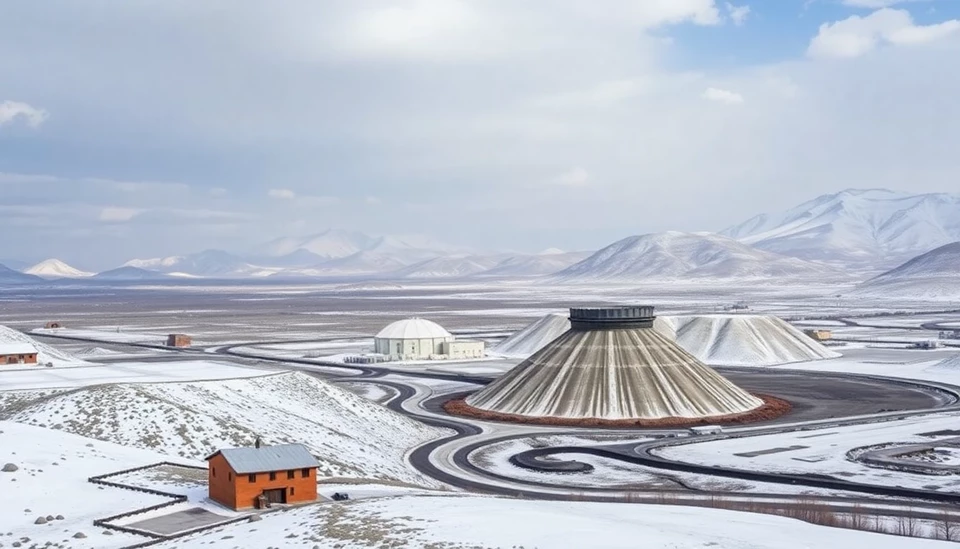
In recent developments, the Xinjiang region of China has emerged as a significant player in global coal production, a situation that poses serious challenges to international climate change goals. This shift comes amid heightened scrutiny over China's energy policies and the implications they hold for worldwide efforts to combat climate change.
The Xinjiang region, known for its vast natural resources, has ramped up coal mining activities, positioning itself as a coal hub that caters not only to domestic needs but also to the growing global demand. The increase in coal production in Xinjiang stands in stark contrast to the urgent calls for a transition toward renewable energy sources, sparking concerns among environmental activists and global stakeholders.
China, which relies heavily on coal to meet its energy requirements, has been faced with mounting pressure to reduce its carbon emissions and adhere to international climate agreements. The country's commitment to achieving carbon neutrality by 2060 is being tested as local governments in Xinjiang push for expanded coal operations to fuel economic growth.
Analysts argue that this development could severely undermine global climate targets. Xinjiang’s new coal projects are set to contribute to increased emissions, which directly contradict the commitment to limit warming to 1.5 degrees Celsius as outlined in the Paris Agreement. The influx of coal production not only threatens local ecosystems but also poses a risk to the broader global environment.
Local authorities in Xinjiang have embraced coal as an avenue for economic development, highlighting the region's potential to drive energy production and industrial growth. The provincial government has supported investments in coal infrastructure, leading to a surge in both mining operations and power generation capabilities. The focus has shifted towards maximizing output, rather than transitioning to cleaner energy sources.
This has raised alarms among environmentalists who see the rise of coal in Xinjiang as a significant step backward in the fight against climate change. Critics argue that China's continued investment in coal undermines international efforts to transition to renewable energy sources and jeopardizes global climate health. With coal being one of the largest contributors to carbon emissions, the implications of Xinjiang's coal boom could reverberate worldwide.
As international dialogues around climate change evolve, the role of regions like Xinjiang will be crucial. Leaders and policymakers must grapple with the realities of local economic pressures and the urgent need for sustainable energy solutions. The situation in Xinjiang serves as a stark reminder of the complexities involved in addressing climate change, especially in a country with vast energy needs and strategic economic goals.
In conclusion, the rise of coal production in Xinjiang not only adds another challenge to China’s environmental commitments but also has significant repercussions for global climate initiatives. As the world continues to seek pathways to sustainability, the balancing act between economic growth and environmental stewardship remains a pressing issue.
#Xinjiang #CoalProduction #ClimateChange #SustainableDevelopment #RenewableEnergy #CarbonEmissions #China #GlobalWarming
Author: John Harris


